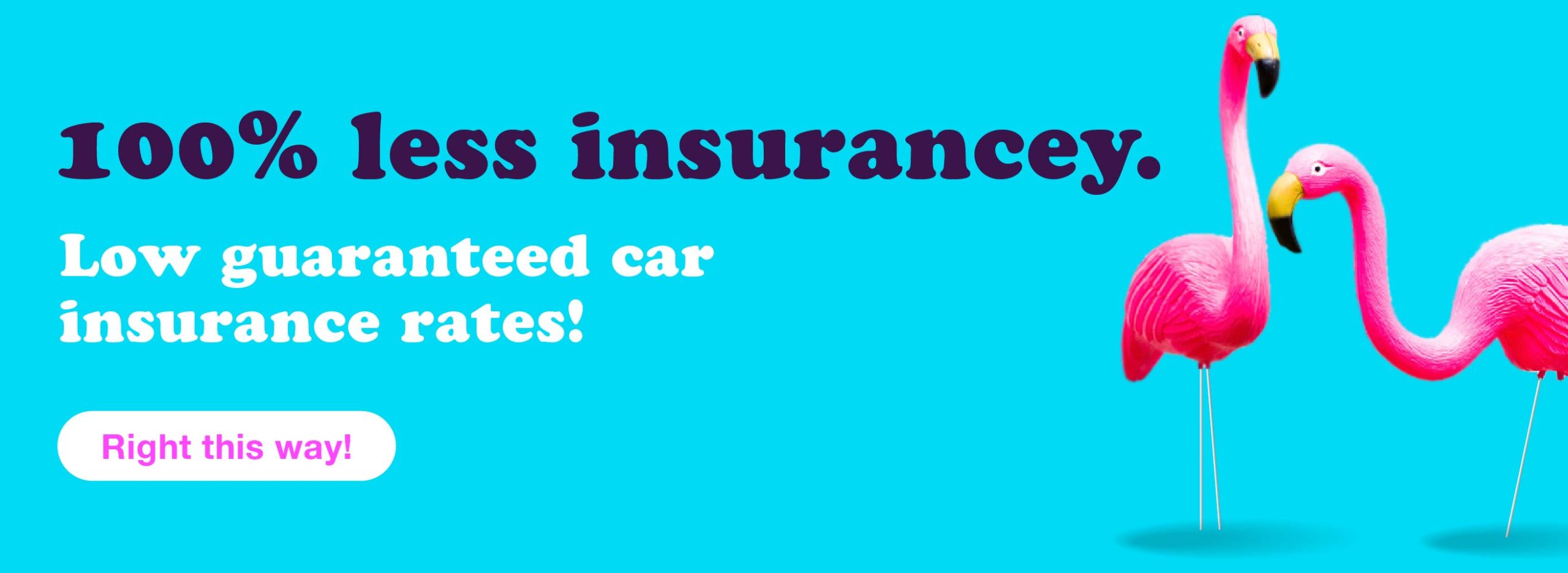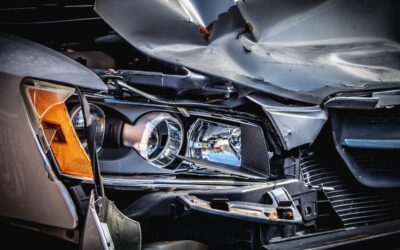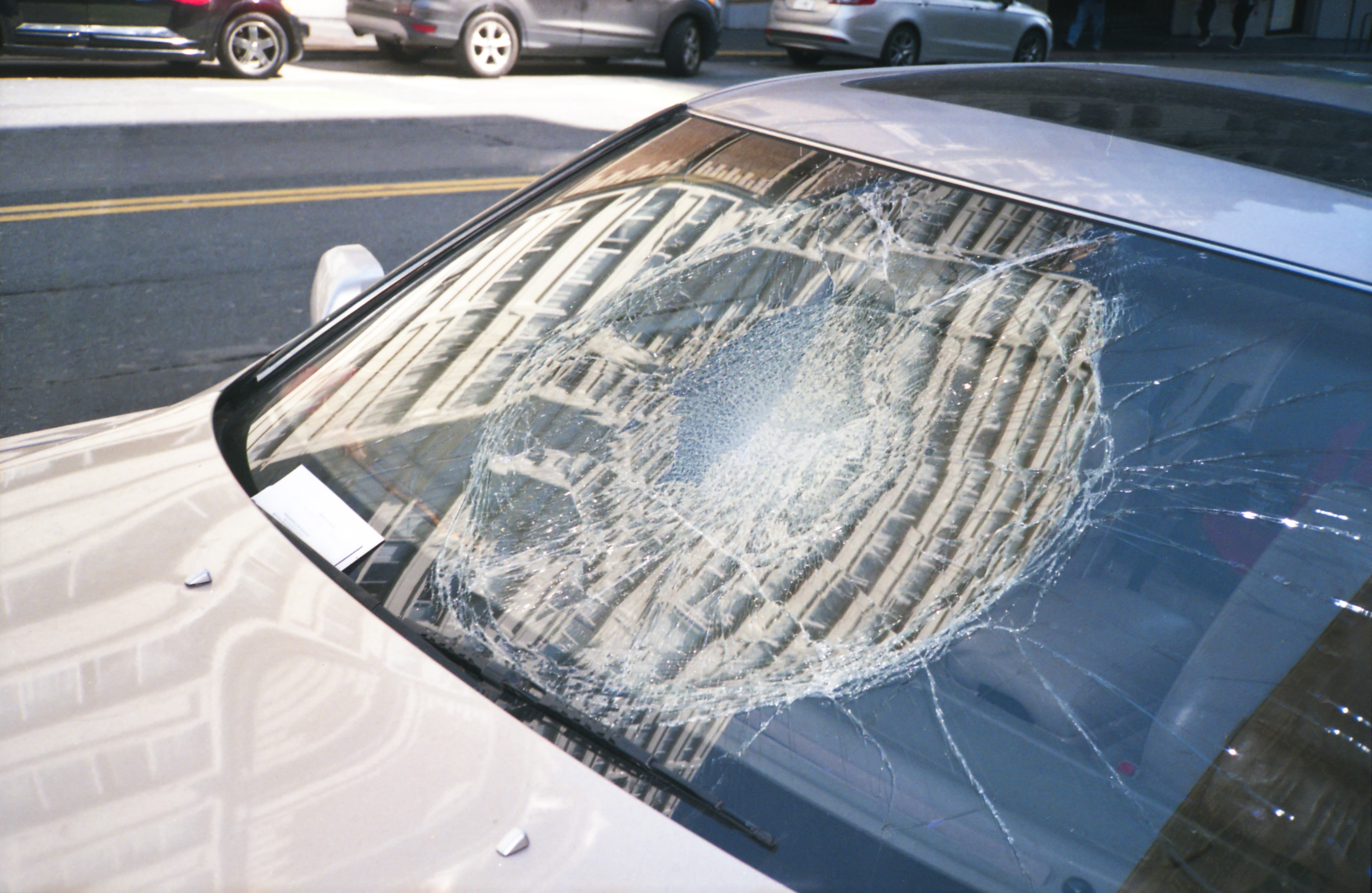Car insurance can be affected by many factors, including accident reports. Had a parking lot accident, fender bender, or a full-on collision? If you’re like many people, you’re now wondering if you should report the accident to the police and your insurance company. Here’s how it all plays out and how it works when it comes to insurance.
Should you file an accident report?
If the damage is minor, you may be tempted to settle the issue with driver of the other car to cover a small cost to fix a fender bender. We can tell you without a doubt that the best course of action is to contact your insurance company right away.
Many people don’t know that their Ontario auto insurance policies require them to report all accidents to their insurer, regardless of injuries or the value of the damage to the vehicles. If there are injuries or if the value of the damage exceeds $2,000 you also need to file out an accident report for the police or at the closest Collision Reporting Centre.
Do you need a police report for a car insurance claim?
Claims for things such as windshield chips don’t require police accident reports, obviously, but claims involving collisions definitely do. This is a standard operating procedure. In Ontario drivers are required by law to report any collisions that meet or exceed $2,000 in damages.
Having said that, most drivers don’t know how to estimate the value of damage to a vehicle just by looking at it (ourselves included!). The truth is that even modest fender benders can create a significant bill because of several factors:
- Car parts are suspiciously expensive.
- New vehicle parts may be embedded with sensors or cameras.
- Labour costs to re-install parts and recalibrate electronic components.
- Internal damage would only be visible to a mechanic.
Most insurance companies want a police report for car insurance claims anyway so that they have documents and context to help them assess fault and to coordinate with the other driver’s insurance company.
In practice, police officers on the scene will just tell you to report the accident at the nearest reporting center, and you’ll end up doing exactly that before getting on the phone with your insurance provider. It makes everything easier.
Will insurance find out about accidents?
Yes, your insurance company will find out about your accident sooner or later. Insurance companies check driving records as part of the underwriting process and at annual policy renewals, so if it’s been reported to the police then it won’t be a secret forever.
Your insurance company probably won’t find out right away unless you notify it (which policies require you to do), but things will definitely come to light when it’s time to renew your policy for another year. That renewal process involves the company reviewing your driving history for any changes in your policy. That can include shorter commutes and newer, safer cars, but it also includes any accidents on your record.
Even car accident settlements can still affect your insurance rates if you’re found to be at fault as well, unfortunately. Keeping that kind of information secret could be grounds for a policy cancellation, though. It’s just not worth playing that game.
What about private agreements with the other driver?
We really don’t recommend failing to report a car accident to your insurer. It’s not uncommon for people to change their mind about such arrangements and file a claim with their own insurer, who will ultimately contact your insurance provider. If the other driver is the only person to file a claim after agreeing not to, then you can bet that person is going to claim they weren’t at fault, too.
It’s also not unheard of for the other driver to take your money and then report the claim to their insurer, placing you in a tough situation with your own insurer and an out-of-pocket payment. Even worse, you might have a sore neck after a car accident days or weeks after the fact (or some other injury) that could be paid with a claim.
The best thing to do in a car accident is to gather the other driver’s information. Then you can make a claim with your insurer. You just never know what the other driver might do.
Will reporting affect my rates?
Insurance companies reward not-at-fault drivers with clean driving records by offering them lower rates. This means a claim could impact your policy premium if you are partially or entirely at fault.
But fear not, there are plenty of accidents that will have no impact on your rates. If you have an otherwise clean driving record and no previous at-fault claims, then you can give yourself additional protection in the form of accident forgiveness coverage, which prevents your rates from rising even if you’re deemed at-at fault in an accident. Just be sure to do this before the accident so that you’re covered, and read the accident forgiveness policy carefully, as always.
Not-at-fault accidents don’t affect your insurance premium in any way. Examples of not-at-fault accidents include:
- Being hit from behind.
- Someone backing into you.
- Collisions when you have right-of-way (such as a car turning left into your path).
However, at-fault accidents could affect your premiums for 6-8 years, depending on the insurer. You may also see increases to your insurance rates for related items on your driver history, including these.
- Speeding tickets issued.
- Careless driving charges.
- Driving over the alcohol limit.
- Distracted driving charges.
How do I know if I’m at fault?
Determining who is at fault when an accident occurs isn’t something your insurer decides. All Ontario insurers must use the fault determination rules that are set out by the Province in the Insurance Act. This ensures that everyone is treated fairly and consistently regardless which insurer you chose or where you live.
Reporting an accident can save you stress, hassle and money.
Not sure what your rates look like now? Get an online quote with us in 3 minutes!





